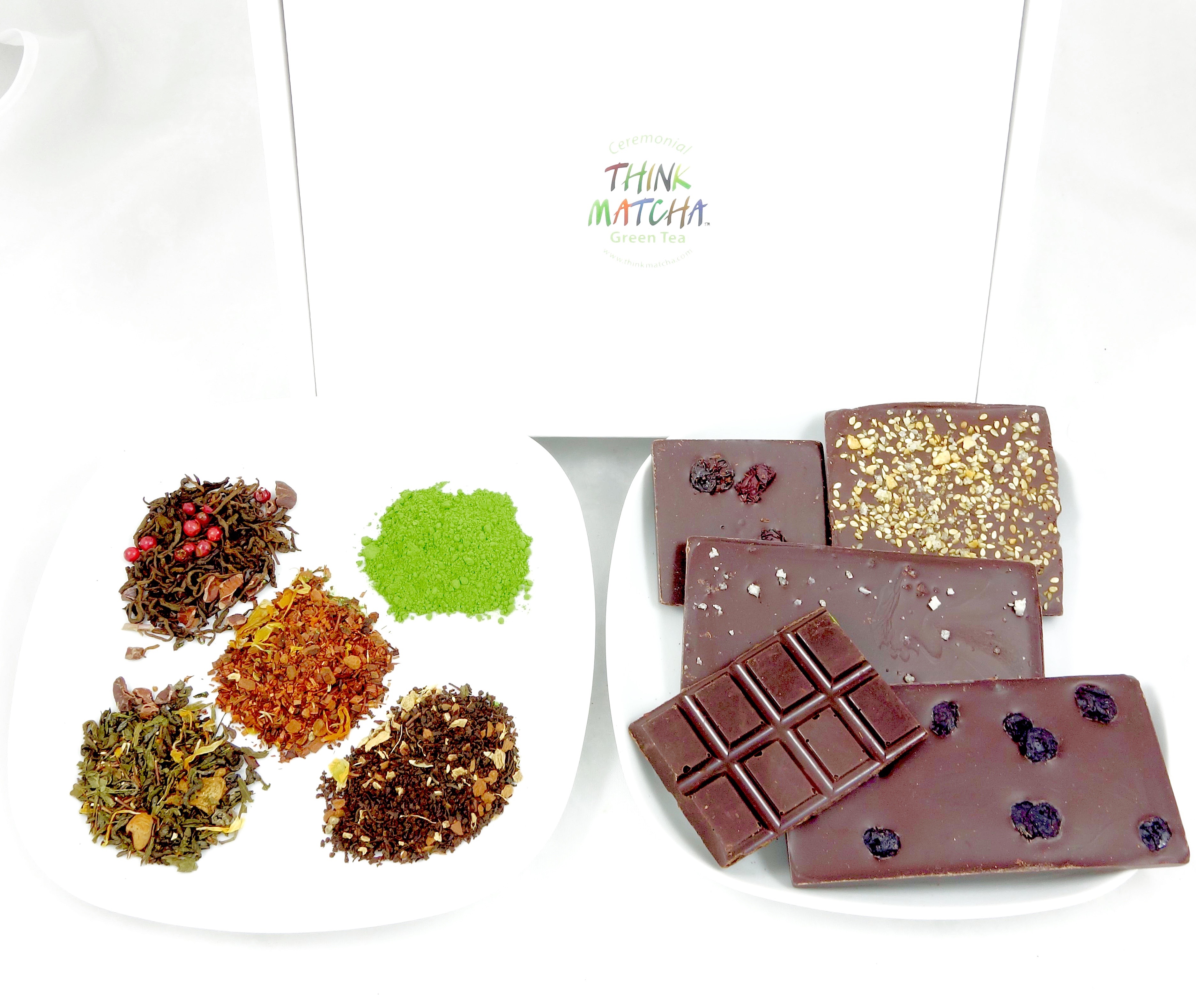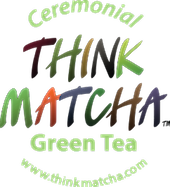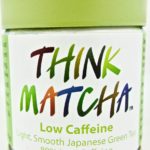The Anti-Stress Power of Green Tea: Exploring the Results of a Fascinating Medical Study
Introduction: In today’s fast-paced world, stress has become an inevitable part of our lives. People are constantly seeking effective ways to combat stress and promote relaxation. Green tea, a beverage deeply rooted in ancient traditions, has long been associated with numerous health benefits. However, the specific anti-stress effects of green tea have remained a subject of scientific inquiry. In this blog post, we delve into the intriguing findings of a recent medical study that shed light on the anti-stress potential of green tea.
The Study: The study aimed to investigate the anti-stress effects of green tea and examine the roles of various tea components in a mouse model of psychosocial stress. Researchers explored the effects of three different types of green teas: theanine-rich “Gyokuro,” standard “Sencha,” and Sencha with lowered caffeine (low-caffeine green tea). Additionally, they investigated the impact of specific tea components, such as caffeine, catechins, and other amino acids, on the anti-stress properties of green tea.
Key Findings: The results of the study provided compelling evidence regarding the anti-stress effects of green tea. Researchers discovered that theanine, an amino acid abundant in tea, plays a significant role in reducing stress levels in both animals and humans. Ingesting theanine-rich and low-caffeine green tea, prepared at room temperature, led to a notable suppression of adrenal hypertrophy—a physiological response to stress—in mice.
Interestingly, the study also unveiled the influence of various tea components on the anti-stress effects of green tea. Caffeine, a well-known stimulant present in tea, was found to counteract the anti-stress properties of theanine. On the other hand, two specific compounds, epigallocatechin (EGC) and arginine (Arg), were shown to retain the stress-reducing effects. While EGCG, the main catechin in tea leaves, played a significant role in the leaves themselves, EGC was the predominant compound infused into the water at room temperature.
Implications and Conclusion: The findings of this study provide valuable insights into the mechanisms behind the anti-stress effects of green tea. Drinking green tea, particularly theanine-rich and low-caffeine varieties, can potentially promote relaxation and alleviate stress. The cooperative action of theanine, EGC, and Arg appears to neutralize the counter-effect of caffeine and EGCG on adrenal hypertrophy induced by psychosocial stress.
For individuals seeking natural remedies to manage stress, incorporating green tea into their daily routine may prove to be a beneficial strategy. The soothing properties of theanine, combined with the stress-relieving effects of EGC and Arg, offer a potent combination that can contribute to overall well-being.
As an esteemed tea store, we recognize the importance of providing our customers with not only exceptional teas but also valuable information. We are delighted to share these research findings, as they further reinforce the belief that green tea is not only a delightful beverage but also a potential ally in combating the stresses of modern life.
Next time you savor a cup of green tea, take a moment to appreciate the potential it holds to calm your mind and restore balance. Explore our wide selection of green teas, including theanine-rich options and low-caffeine varieties, and discover the perfect blend to accompany your journey towards a more relaxed and stress-free life.
Remember, a cup of green tea might just be the soothing ritual you need to navigate the challenges of everyday life with a greater sense of calm and serenity.
Sources:
- Citation of the study: Department of Neurophysiology, School of Pharmaceutical Sciences, University of Shizuoka, Shizuoka, Japan
Disclaimer: The information provided on this website regarding the medical study results on the benefits of green tea is for informational purposes only. While we strive to present accurate and up-to-date information, we make no representations or warranties of any kind, express or implied, about the completeness, reliability, suitability, or availability of the study results mentioned.
The study results should not be considered a substitute for professional medical advice, diagnosis, or treatment. Individual results may vary, and it is always recommended to consult with a qualified healthcare professional before making any dietary or lifestyle changes based on the information provided.




